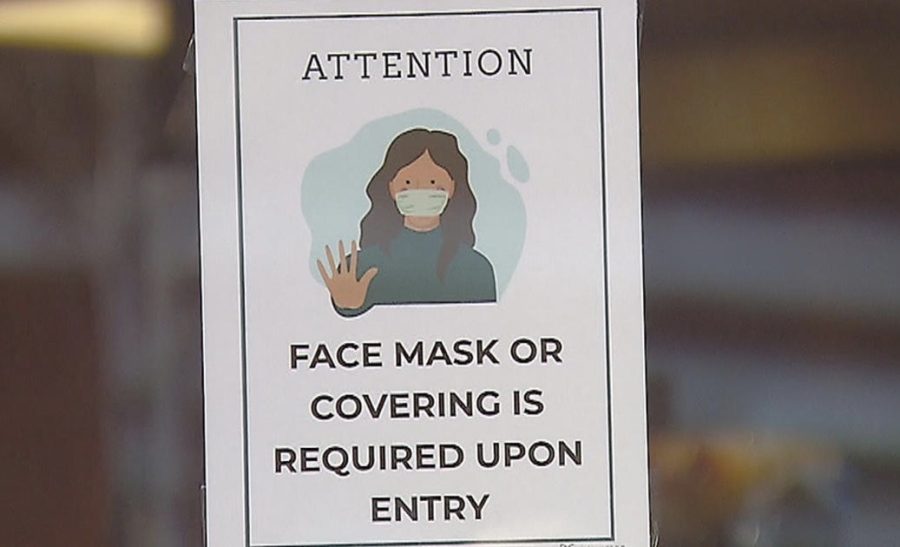COVID-19 is no longer considered a national emergency. Is this a good idea?
The World Health Organization recently announced it no longer considered Covid-19 a national emergency, but many are left to wonder if this was the right decision.
June 7, 2023
On May 5th, 2023, WHO (The World Health Organization) declared that COVID-19 was no longer a national emergency, coming almost three and a half years after it was first pronounced a pandemic
Even though WHO has stated that the emergency circumstances are over, the threat of COVID-19 re-appearing along with new-variants is still very real. Thousands of people are still being infected/dying from COVID-19 daily and many are still suffering from long-term effects.
WHO decided to announce that COVID-19 is no longer a national emergency due to the slowing of the pandemic. Director-General Tedros Adhanom Ghebreyesus of WHO says, “For over 12 months, the pandemic has been on a downward trend, with immunity increasing due to the highly effective vaccines developed in record time to fight the disease, and infections. Death rates have decreased and the pressure on once overwhelmed health systems has eased.”
Even before WHO made their official statement, many countries have returned to a sense of normalcy, this being life before the pandemic. As of today, 131 countries have lifted Covid-precautionary measures and have mostly returned to how life was before the pandemic.
Though this seems relieving and exciting, many people nationwide still have a problem with the declaration and precautionary lifts. Ellie Murray, Boston University’s Assistant Professor of Epidemiology states, “For a lot of people, the message they’ve been getting from officials for more than a year is that the pandemic is over. A lot of people think it was over a long time ago, and that’s part of why it’s not really over. In a pandemic situation, you don’t necessarily have a good sense of what the next month’s infections will look like. And anywhere, worldwide, at any time, you could have a surge. I think we’re really in that space still.” Murray is one of the many people who think that this declaration is a step backward for COVID-19 prevention in the U.S, and it’s definitely not unwarranted.
COVID-19 is still tracking around 80,000 new weekly cases and 1,000 deaths, numbers which are most likely undercounted. This, alongside the fact that COVID-19 is an extremely unpredictable virus that could resurge with new variants is an extreme concern.
The real problem with this declaration lies in the fact that now, aid concerning COVID-19 will be a lot less accessible. Eviction freezes, economic relief, along with other programs created to ease the damage of the pandemic will be leaving and public health tools like COVID tests, vaccines, and treatment will be a lot less accessible to the public.
Even before the announcement, many states were lifting mask requirements in healthcare settings, which is worrying because this leaves both healthcare workers and patients at risk to contract different respiratory diseases.
COVID has created an abundance of lasting impacts that I feel we as a society don’t fully see the severity of. Millions of people lost their jobs and housing, and millions of lives were taken by this pandemic. Although I think that the lifts on precautionary measures surrounding COVID-19 are definitely relieving and a big step back to our sense of normalcy, I think that the announcement that COVID-19 isn’t a national emergency anymore leaves us at risk for a resurgence and a bigger outbreak. Limiting access to essential tools like tests, and vaccines does nothing but leave us vulnerable to the disease. Seeing the immense impact that COVID-19 has had on the world, we should be creating many systemic changes that don’t leave us vulnerable if another pandemic/epidemic were to occur, but it doesn’t feel like we have. I’m glad that we’re able to do activities that we weren’t able to during the peak of the pandemic, but we should still remember to take precautions when necessary.






